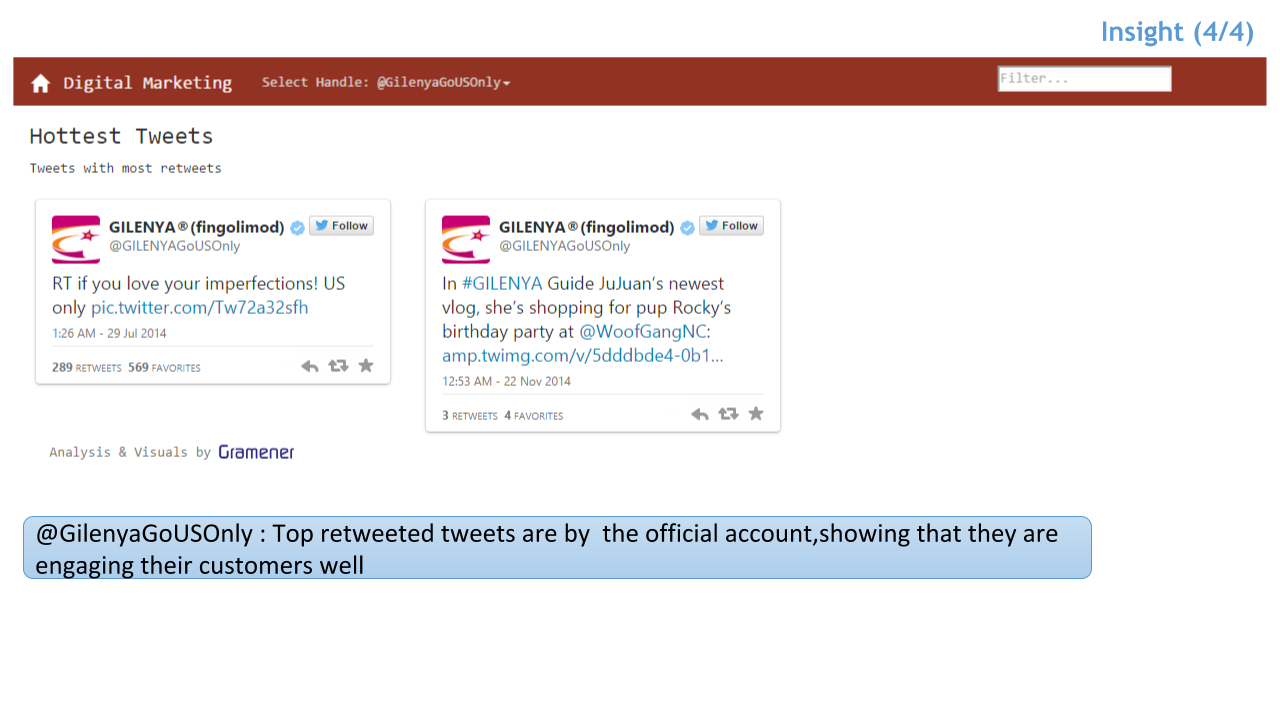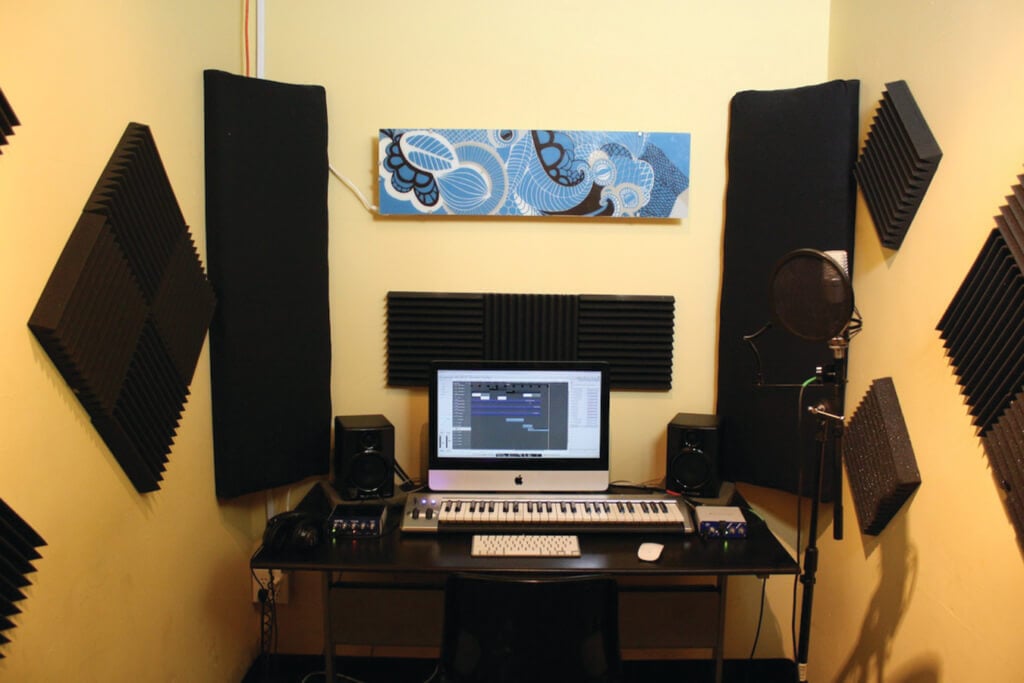You probably won't be able to qualify for either type of loan until you repair your credit score if you can't meet the minimum requirement. But these loans are complicated and they can create problems for homeowners and heirs. You must be at least 62 years old, and the home must be your primary residence. There’s no denying the blood, sweat and tears homeowners put into DIY renovation projects. If what comes of it is a cash profit, you’ve built sweat equity. Interest rates are fixed and tend to be lower than other loan types.
For most people most, and often all, of the proceeds from the sale of one house go to the purchase of a new one. You still must write a check for $1,000 to close your house, even though you sold it for $12,000 more than you owe. The reason banks require this is because property values fluctuate. If the market value goes down, they can still recoup their money if they need to foreclose.
How to Use Home Equity
But home equity—the market value of your home, minus your mortgage balance—can help homeowners unlock cash for needed expenses. Location is one of many aspects that can impact your home’s resale value. It doesn’t matter how great your house is if no one wants to live there—or if you’re forced to sell at a loss. Below are some factors related to location that can have an effect on property values. Cash-out refinance, you refinance for more than what you owe on your mortgage. You again receive this extra money in cash that you can use however you want.
As before, make certain the money goes toward the principal, not interest. PMI protects the lender’s investment but comes out of your pocket, and you can expect to pay about $30 to $70 per month for every $100,000 borrowed. Below we’ll look at how to build equity in a home and how it can act as a financial tool for homeowners. However, it’s important that you explore your options and choose the right type of home equity financing for your needs. Before deciding on any of these home equity choices, be sure to speak with a mortgage professional who can help you understand the pros and cons of each. You don't pay back your loan unless you sell your home, move out for more than 6 months out of the year or pass away.
Borrow Against the Equity
An annual premium of 0.85% of the total loan amount is broken up over 12 monthly payments. For the loan of $270,000, this calculates as 270,000 x .0085 ÷ 12, equaling $191.25 per month. The down payment is a percentage of the purchase price paid upfront at closing. This reduces the amount of the mortgage and affects how much equity you start with.

If you put down less than 10% on your FHA loan, you’ll pay MIP for the life of the loan. But, if you put down 10% or more, you’ll only pay MIP for 11 years. If you know how much you need to draw and you plan on using it at once, then a home equity loan may be the right choice for you. On the other hand, if you’re looking for a more flexible arrangement where you can draw cash as you need it, a HELOC could be a better fit. HELOC, or home equity line of credit, allows you to draw on the available balance as you wish, similar to a credit card. The market favors sellers and the value of your home increases.
What is home equity?
We discussed them earlier, and they can commonly go as high as 10%. Always factor in those fees while you calculate how much money you will get from the sale. We recommend saving and then putting money down, but many people refinance to get cash or take out a home equity loan for this purpose. You can calculate your equity by starting with your home’s current value, and then subtract the amounts you owe on any mortgages or other liens. Check your credit score before you start shopping around for lenders and loan terms. You'll most likely need a credit score of at least 680 to obtain a home equity loan.
Our goal is to give you the best advice to help you make smart personal finance decisions. We follow strict guidelines to ensure that our editorial content is not influenced by advertisers. Our editorial team receives no direct compensation from advertisers, and our content is thoroughly fact-checked to ensure accuracy.
You can have a higher loan amount than you could with other types of loans, and the interest rates are typically lower, too. The portion of a property that you own is called “homes equity.” Your equity equals the difference between market value and owned equity in other locations, minus your own value. When something happens to render you unable to make payments on your house, it’s good to have access to equity.

They’re also pretty easy to qualify for because the loans are secured by the real estate. Look closely at how these loans work so you'll fully understand the possible benefits and risks before you borrow money against your home's equity. Consider a HELOC if you’re willing to use your equity as a line of credit and want to make payments much like a credit card.
When evaluating offers, please review the financial institution’s Terms and Conditions. If you find discrepancies with your credit score or information from your credit report, please contact TransUnion® directly. Some remodeling and improvement projects boost a home’s equity. The average payback on common upgrades is 64 cents for each dollar spent, according to Remodeling magazine's research. Smaller projects — adding attic insulation, replacing a garage door or front entry door — do better at increasing equity, especially if you pay with cash instead of via a loan. Building equity in your home gives you more financial options.
One way of building equity in your home is to increase your home’s value through renovations. There are renovations to consider at every price point, whether it’s sprucing up landscaping or remodeling the kitchen. Let’s look at that example where your home is worth $300,000 and you still owe $175,000 on your home loan. Now let’s say you have paid off even more of that mortgage, and you now owe $100,000 on it.
If you want to build equity as soon as possible, it may be worth considering putting 20% down or more when you purchase your home. This option might not be available to some people—depending on how much cash they have available for a down payment—but it’s definitely something to consider if other factors allow. You’ll also need to take into account that closing costs will eat into whatever money you have available to put down up front if you as the buyer have to pay them. Even if the seller agrees to pay closing costs, that tactic is often offset by an increase in the purchase price which negates the up-front equity impact of your down payment.

You also need to have an original purchase mortgage loan and take out another loan for the equity in your house. Banks can lend up to 80% of what your house is worth, but they charge higher interest rates for loans over 80%. In homes, you get paid upfront for loans from a loan company. Sometimes a HELOC lender will not charge a closing fee, while other lenders may increase the amount of money you have to pay back on your loan. At closing, you’ll still need to pay closing costs, which can include taxes, escrow fees and agent commissions, all of which can total 8% to 10% of the sale price.
















